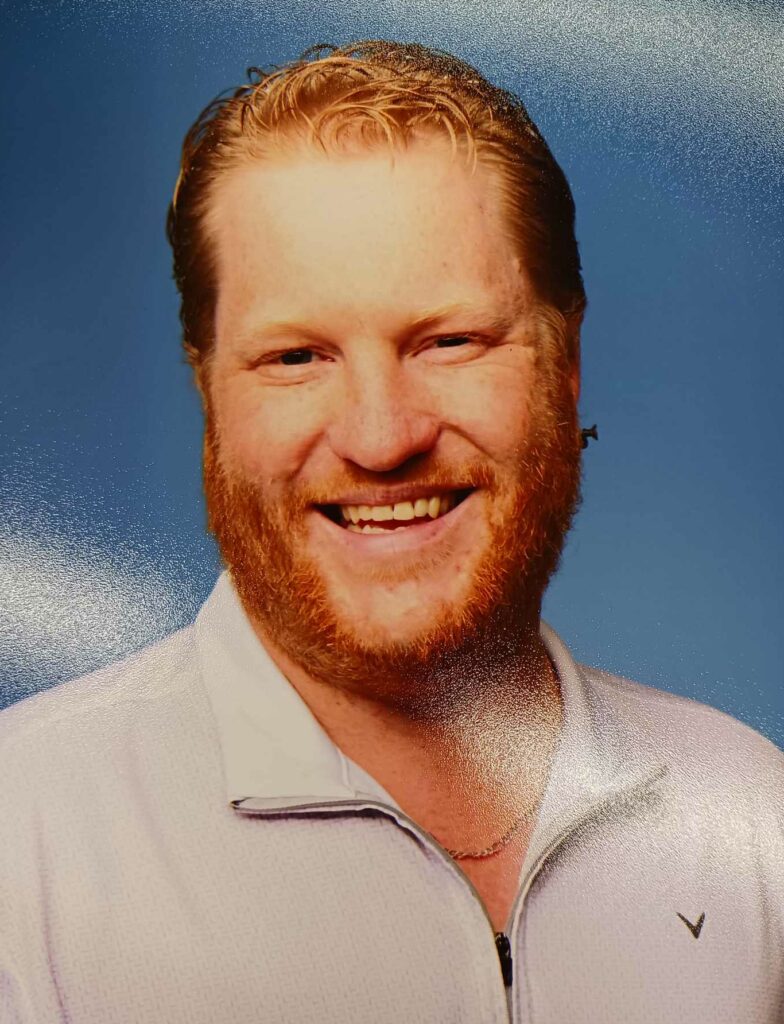Educators engage in professional learning.
“Educators engage in professional learning and reflective practice to support their professional growth. Educators recognize and meet their individual professional needs through various learning opportunities. Educators develop and refine personal philosophies of education, teaching and learning that are informed by research, practice and the Professional Standards for BC Educators.” (BCTC Professional Standards for BC Educators)

One of the best opportunities that I had as a classroom teacher was participating in professional development at the school. One of the first seminars I went to at the school was about incorporating outdoor and land-based learning into the classroom. I found this very beneficial because I was implementing the 30-Day Walking Curriculum at the time, and all the information was relevant. We talked about how many of the teachers at the school used “The Slough” as an avenue to explore nature, and how this site could relate to the history of the area, the effect of colonization, and how it affected the ecosystems. The impact that the veterans had on that area coming back from the second world war. The Lheidli history of that area and the traditional lands that were stolen. The usage of Dakelh words to identify different plants and animals that are native to that area. After the seminar, all the staff went down to the river to do traditional drumming. I was very lucky because we had the opportunity to drum many times, and I learned most of the songs.

I also attended a seminar on Restorative Justice. I found this seminar very interesting because it focused on restorative justice vs. punitive justice. Considering our criminal justice system is based on punitive justice, and every form of justice I have ever known was punitive, it was a very informative seminar. The main difference between restorative and punitive justice is the accountability. With restorative justice there is an emphasis on making right the wrong that has been done. Whereas with punitive justice, if there is a transgression, then there is a punishment. Both forms of justice feature consequence, which is the most deterrent in any form of justice; however, it can be argued that the deterrent of punitive justice has failed our criminal justice system, as there are still criminals committing crimes every day. I definitely tried to implement restorative justice into my classroom more after attending this seminar, through healing circles and restorative practices that involved an emphasis on accountability and consequence.

I also attended a seminar on Math-Up with Dr. Small, the creator of Math-Up. I found this seminar very informative and useful because up until this point I had been using Jump Math and a combination of online Math drills. What I liked about Math-Up was that each concept was scaffolded with instructional videos, worksheets and detailed lesson plans that showcased how the teacher would do, we would do, and then the students would do. I definitely plan on using Math-Up in my future classes, as it is an excellent program.

